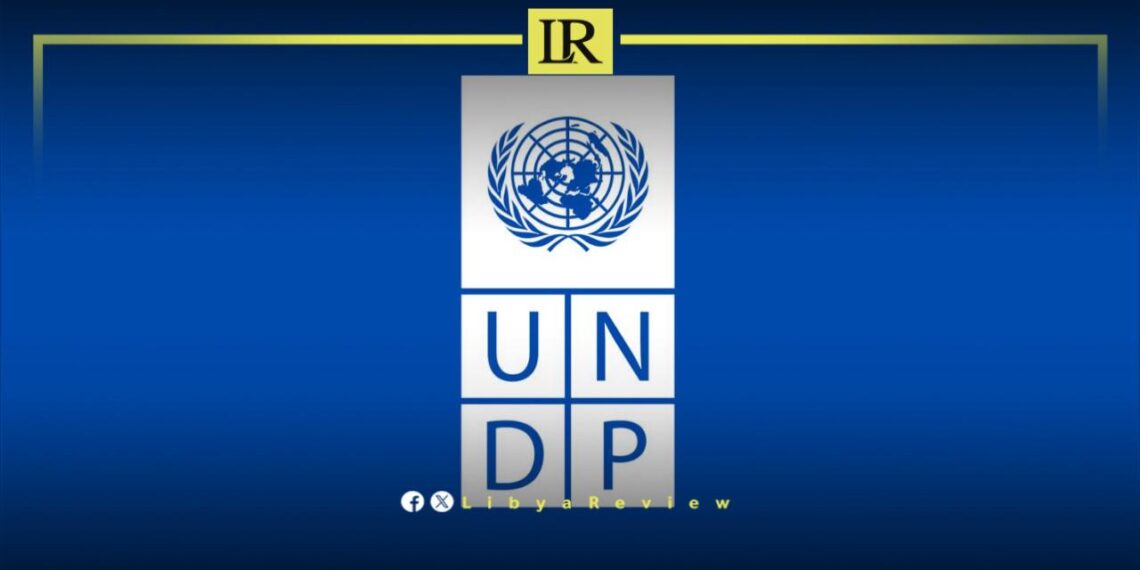On Monday, the United Nations Development Programme (UNDP) significantly improved access to essential services for nearly one million people across Libya in 2023.
According to UNDP’s annual report, these efforts spanned multiple sectors, addressing the needs of the Libyan population and promoting long-term development.
UNDP’s initiatives have enhanced the quality and accessibility of essential services for more than 832,859 people in 21 municipalities. The program has also created 704 new jobs and boosted economic opportunities. Additionally, crisis response teams were established to support rapid assessments and long-term recovery planning.
UNDP played a crucial role in facilitating a transparent electoral process by distributing voter lists to 2,000 polling stations nationwide. The program also empowered women in the legal sector by training 98 female lawyers in eight municipalities, thereby increasing their participation in the justice system.
In line with its commitment to sustainable development, UNDP supported Libya’s transition to renewable energy and improved energy efficiency. These efforts are essential components of Libya’s national strategy for sustainable energy.
UNDP reaffirmed its dedication to supporting Libya’s path towards sustainable development, peace, and prosperity. The program’s comprehensive approach addresses immediate needs while laying the groundwork for long-term stability and growth.
Libya has faced significant challenges in recent years, including political instability, economic hardship, and infrastructure deficits. Ongoing conflict and fragmented governance have exacerbated these issues, making international support crucial for the country’s recovery and development.
The United Nations Development Programme has been a vital partner in Libya’s development efforts. By focusing on essential services, job creation, legal empowerment, and sustainable energy, UNDP aims to foster a resilient and prosperous society.
Improving access to essential services is a cornerstone of UNDP’s mission in Libya. By collaborating with local municipalities, the program ensures that basic needs such as healthcare, education, and public utilities are met, significantly enhancing the quality of life for hundreds of thousands of Libyans.


